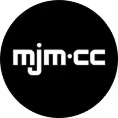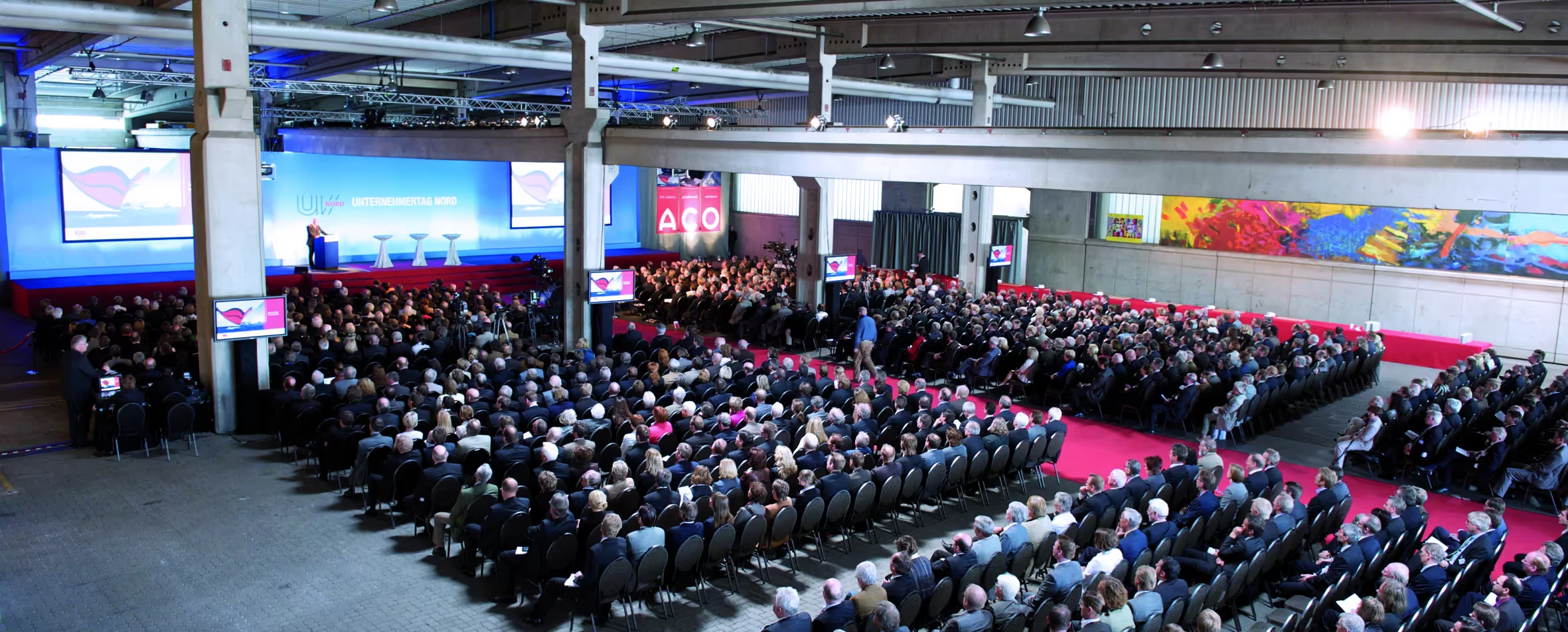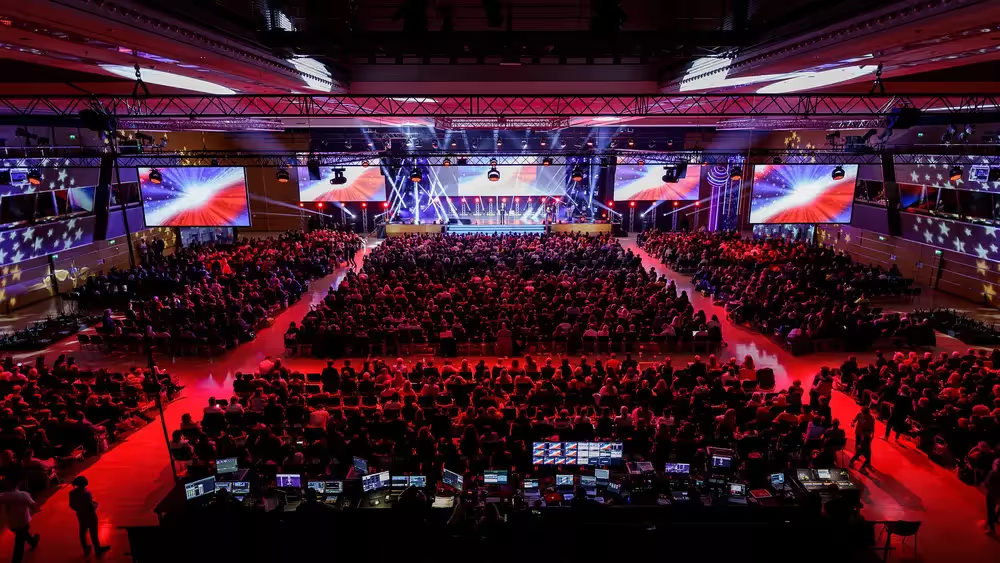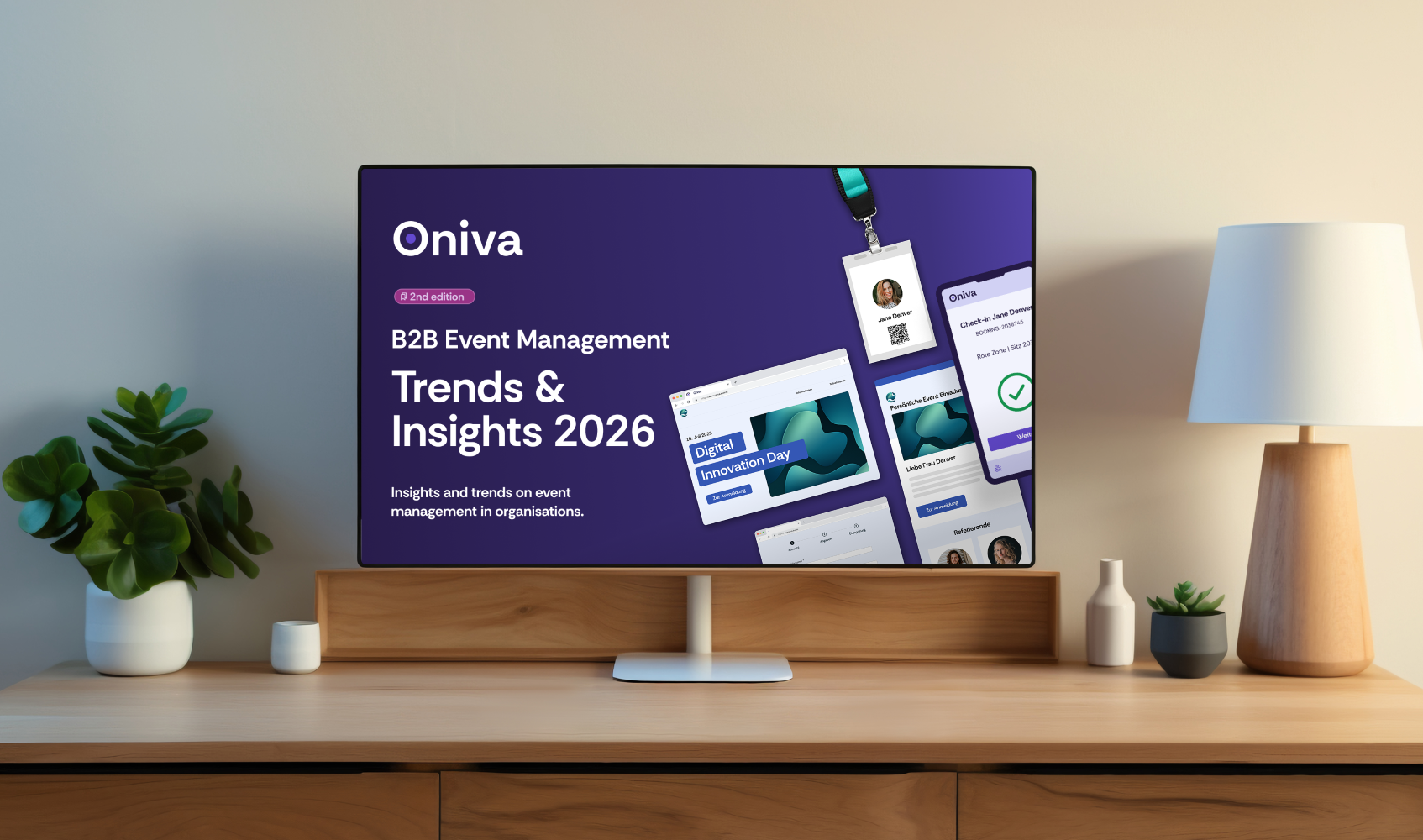What is a CRM system?
CRM stands for Customer Relationship Management – the management of a company’s customer relationships. A CRM system serves as a central platform for managing all customer data and interactions – from the initial contact and sales process through to after-sales service.
In the context of event marketing, events are seen as valuable touchpoints in the customer journey. They provide a targeted opportunity for companies to engage with existing or potential customers – and a CRM system helps to strategically leverage this contact within the broader context of the customer relationship.
What are the goals of a CRM system?
Overall, CRM primarily pursue's three main goals:
- Acquisition of new customers
- customer loyalty
- Improving customer experience
A CRM system should therefore support these three essential business activities through a central database and automated processes. At the same time, it provides an overview of all customer activities and helps ensure data quality.
What is the importance of a CRM system in event marketing?
Events are often held to attract new customers and retain customers. In addition, events can involve a variety of interactions between the target group and the event organisation. For these two reasons, a CRM system is of great importance in the context of event marketing. A CRM system can be seen as a central platform for supporting event marketing. The CRM system is used for the following:
- Central data management of contacts
- Historisation of event activities per contact
- Categorisation of contact characteristics such as interests
- Recording of potential new customer contacts
Why do companies need event software in addition to CRM software?
An event management software – such as Oniva – is specifically designed to run events efficiently, professionally, and in a data-driven way. It offers extensive automation that supports both event organisers and participants. The aim is to simplify event planning, save time, and gain deeper insights into the behaviour and interests of the target audience.
Typical functions of event software that are not covered by a CRM system include:
- Personalised event links for invitations and registrations
- Creation of event websites with agendas, speaker profiles, and registration forms
- Ticketing with integrated payment options (e.g. Visa, Mastercard)
- Participant management, including quotas and role-based logic
- QR code tickets and check-in functionality
- Integration of hybrid or virtual event formats
- Live communication (e.g. chat, polls)
- Automated reporting and detailed event histories
Most CRM systems do not offer event-specific functionality. They are unable to support complex registration processes, personalised event communication, or the integration of hybrid event formats. This leads to two key problems:
- Manual effort: Processes such as invitations, ticketing, or check-in must be managed manually outside the CRM – which is inefficient and prone to errors.
- Lack of event data: Valuable insights from event activity are either not captured or not stored within the CRM.
A specialised solution like Oniva complements the CRM precisely with the event component – and automates core processes involved in event delivery.
Interface: A must-have or a nice-to-have?
In principle, data exchange can be achieved without a fully automated interface – for example, via a shared identifier such as a unique customer ID or by manually importing participant lists. However, as soon as real-time data is required or large volumes of data are involved, an interface between the CRM and event software is highly recommended.
Advantages of an automated interface:
- Time savings through the elimination of manual data entry
- Up-to-date customer data across both systems
- Reduced risk of transmission errors
- Event insights fed back into the CRM for customer evaluation
Which data should be exchanged?
The specific data exchanged depends on the use case. In practice, the following information is particularly relevant:
- Participation status and event history per contact
- Interests, registrations, or cancellations
- New contacts generated at events for lead generation
- No-show rates, check-in data, feedback
A system like Oniva not only enables the export of such data, but also prepares it in a way that is tailored to CRM systems – ensuring a seamless workflow.
Timeless success factor: a high-quality data foundation
Anyone running events while also using a CRM system must ensure that the data is accurate, complete, and tailored to the target audience. The following aspects are particularly important:
- Data selection: Do characteristics such as industry, role, or interests match the planned event?
- Data quality: Can individuals be addressed with a personalised invitation?
- Data consistency: Is there a unique ID to reliably link event and CRM data?
- Data protection: Has consent for event communication been obtained?
- Data synchronisation: Which event data should be fed back into the CRM?
Oniva supports companies in connecting their CRM with event software. Flexible hidden fields allow for targeted synchronisation of data between CRM and event platform.
Conclusion
A CRM system provides the strategic foundation for successful customer relationships – but professional event marketing also requires specialised tools. Event management software like Oniva bridges this gap by digitalising, automating, and personalising the operational execution of events.
Those who view event marketing as a strategic element in B2B stand to gain twice over: better data, more efficient processes, and a more compelling event experience for their target audience. The integration of CRM and event software is therefore more than just a technical add-on – it’s a key success factor in modern marketing strategies.
Tip: With Oniva, CRM data can be used purposefully for events – and in turn, event data can be structured and fed back into the CRM. This way, every event becomes a genuine contributor to customer loyalty and lead generation.



















.svg)















































































